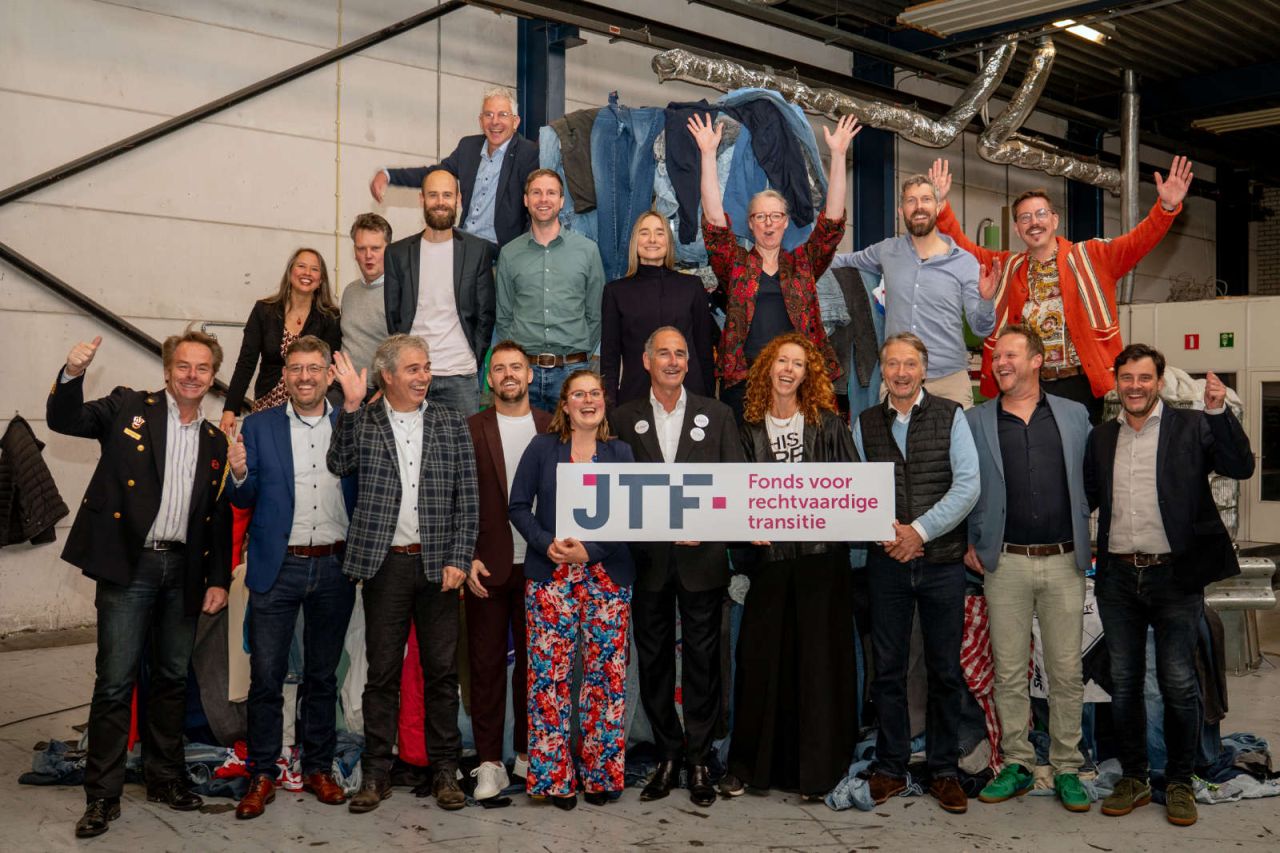University of Groningen plays key role in circular textile project SORTED

The University of Groningen (UG) is one of fourteen partners in the groundbreaking SORTED project, which is receiving a 14.9 million euros grant from the Northern Netherlands Alliance (SNN) through the European Just Transition Fund (JTF), including 6 million in co-financing from the Ministry of Economic Affairs. The multidisciplinary project is led by Sympany and focuses on innovation, recycling, behavioral change, and circular business models throughout the textile chain, from collection and sorting to reuse and fiber-to-fiber recycling.
Robotics and AI accelerate textile sorting process
The SORTED project consists of five interrelated work packages. Sympany, an organization that collects and sorts textiles, is working with partners to automate the sorting of collected textiles using artificial intelligence and robots. For this, Dr. Mauricio Muñoz-Arias of the Faculty of Science and Engineering (FSE) is developing robotic sorting cells that automatically recognize and separate textiles by material type. By combining AI and sensor technologies such as hyperspectral and near-infrared imaging, each garment can be accurately sorted for reuse or recycling. Collaboration with industrial partners such as Demcon and Sympany ensures that this technology can be applied directly in practice.
Muñoz-Arias: “This grant is fantastic news, because it will enable us to put robotics and AI research into practice. In addition, the grant will support PhD candidates and Engineering Doctorates (EngD candidates) who will develop their skills within the framework of this project, thereby directly linking academic research to industrial practice.”
Another part of the project is the high-quality chemical recycling of discarded textiles, in which, for example, polyester fibers are reused as raw material for new clothing. Led by Prof. Gert-Jan Euverink (FSE), advanced recycling methods are being sought for cotton and polyester, so that sorted textiles can be sustainably converted into new fibers.
Sustainable consumer behavior and circular business models
A third important component is behavioral change. Led by Marijke Leliveld, professor of consumer ethics at the Faculty of Economics and Business (FEB), research is being conducted into how consumers can make their clothing consumption more sustainable by buying less and more consciously, and by discarding clothing more thoughtfully.
In addition, under the leadership of Kim Poldner, professor of Regional and Circular Economic Development, FEB is working on setting up new circular business models and on education and labor market development in the region. “To break the dominance of fast fashion, we need to rethink business as usual and instead apply circular business models such as rental, repair, second-hand sales, and circular design on a larger scale. Circular innovators and established brands should be encouraged to adopt these models and thus offer more sustainable alternatives to fast fashion,” says Poldner.
European support for a circular textile chain
Deputies Erik Jan Bennema and Willemien Meeuwissen (Groningen and Drenthe) and Alderman Guido Rink (Emmen) emphasize: "With SORTED, we are investing in new technology, employment, and behavioral change. That is exactly what the Just Transition Fund is intended for.“ Charles Graft, CEO of Sympany, indicates that the subsidy makes it possible to take a major step forward in making the textile chain circular: ”We can only truly innovate this chain by working together."
More news
-
17 February 2026
The long search for new physics
-
10 February 2026
‘Regeneration starts where courage meets imagination’
